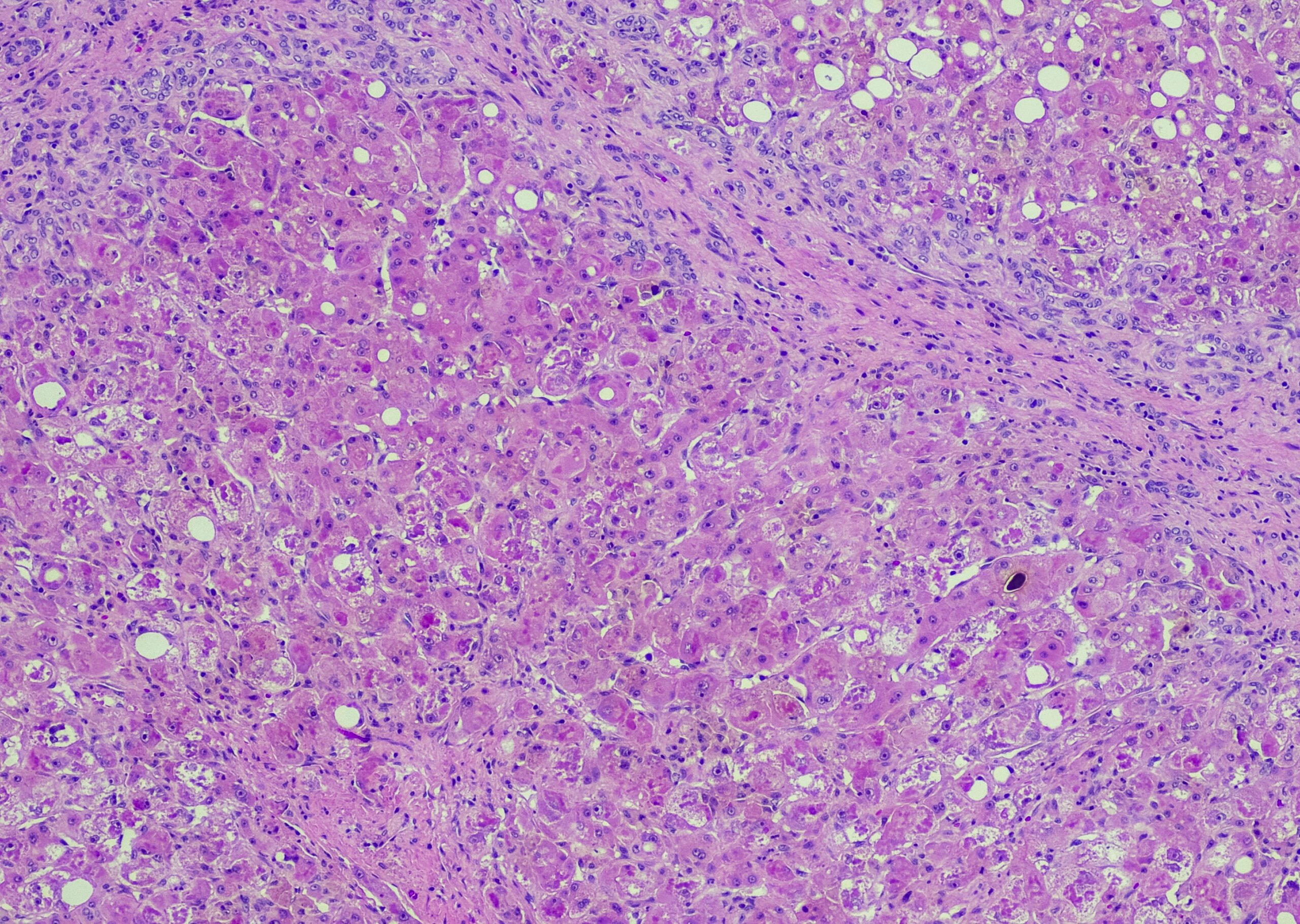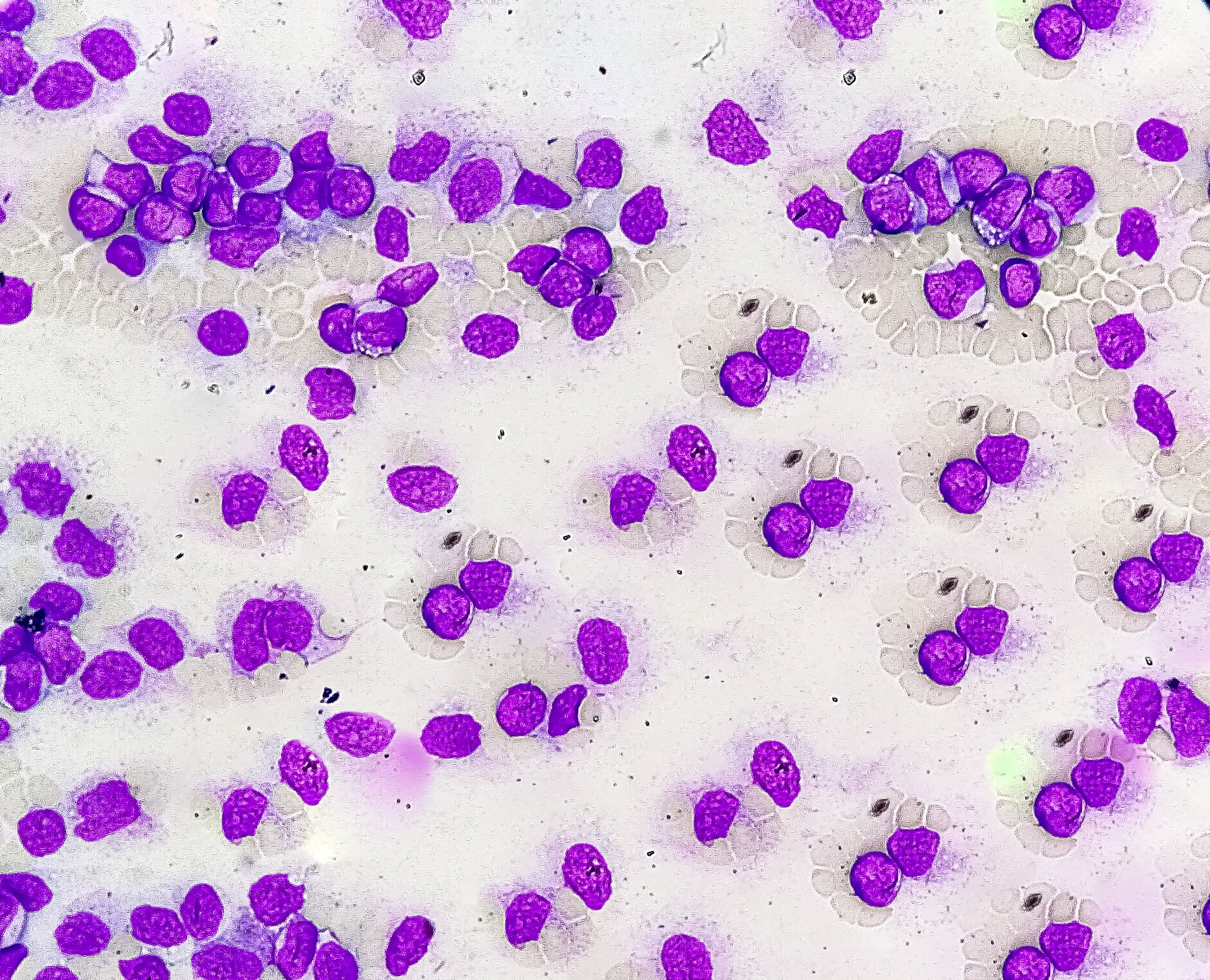Lower urinary tract symptoms (LUTS ) are common in middle-aged and older men and affect both the storage and flow of urine. In addition to established risk factors such as prostate enlargement and chronic inflammation, genetic influences and general physical condition – in particular sarcopenia – are now also coming into focus as decisive parameters when it comes to predicting the response to treatment. At the same time, current guidelines call for a structured, pre-therapeutic assessment in order to avoid diagnostic errors and unnecessary invasive procedures and instead tailor therapies to the individual patient.
Autoren
- Tanja Schliebe
Publikation
- Urologie-Special
Related Topics
You May Also Like
- Microbiome, inflammaging and affective/cognitive health
Gut-brain axis in old age
- Vitiligo - the level of suffering should not be underestimated
A lot can be achieved therapeutically nowadays
- Patient-centered rounds in medicine
Aligning care with the patient
- Adrenogenital syndrome
Clinical care from birth to adulthood
- Communication between hospitals and outpatient care
How does a digital clinical information system prove itself in everyday practice?
- Acute myeloid leukemia
Treatment decisions between MRD monitoring, transplantation and CAR-T cells
- Psoriasis and metabolic comorbidities: new study data
GLP-1RAs showed a valuable dual benefit
- Heart failure: combination of four as "Guideline-Directed Medical Therapy"











